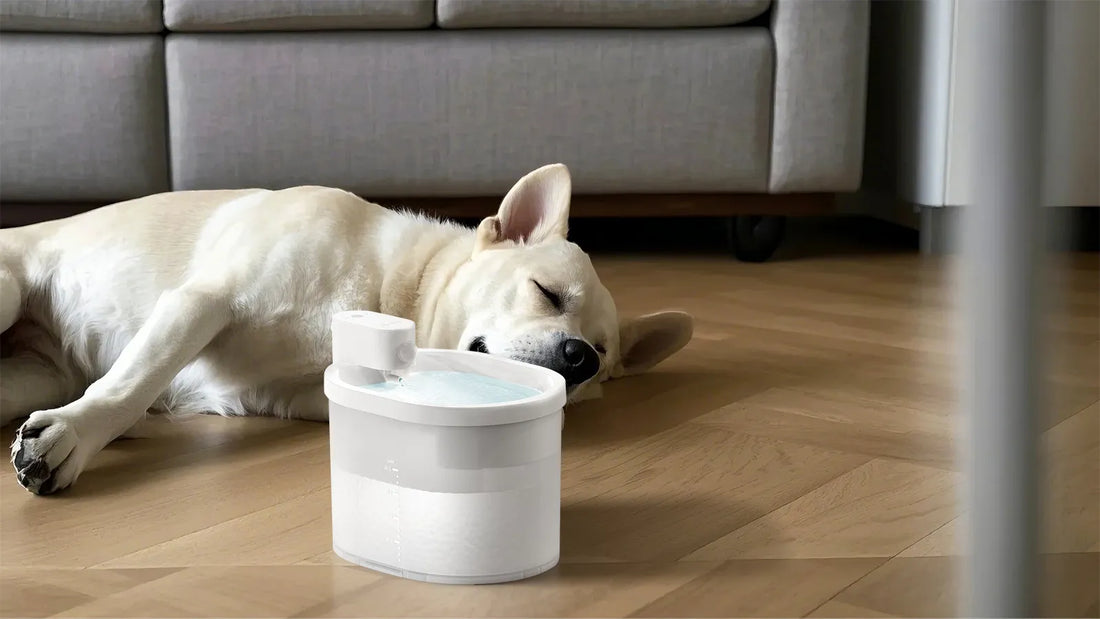If your dog is still itching after a flea bath, it can be frustrating and concerning. Fleas are a common nuisance for pets, and while a flea bath is often the first line of defense, it doesn’t always solve the problem. Understanding the reasons behind persistent itching and knowing how to address it can help your furry friend find relief.
Why Is My Dog Still Itching After a Flea Bath?
There are several reasons why your dog might still be itching even after a flea bath. One possibility is that not all fleas were eliminated during the bath. Fleas are resilient creatures, and their eggs can remain in your dog’s fur or environment, leading to reinfestation. Additionally, some flea treatments may not be effective against all life stages of fleas, leaving behind larvae or pupae that can later hatch and cause itching.
Allergic Reactions to Flea Bites
Another common reason for persistent itching is flea allergy dermatitis (FAD). This condition occurs when a dog is allergic to flea saliva. Even a single flea bite can trigger intense itching and discomfort. If your dog has FAD, the itching may continue long after the fleas are gone. In such cases, addressing the allergic reaction is just as important as eliminating the fleas themselves.
Residual Irritation from the Flea Bath
Sometimes, the itching may be caused by the flea bath itself. Certain flea shampoos or treatments can irritate your dog’s skin, especially if they contain harsh chemicals. If your dog has sensitive skin, this irritation can lead to prolonged itching. Always choose gentle, vet-recommended products and rinse your dog thoroughly after the bath to minimize the risk of irritation.
Environmental Factors Contributing to Itching
Fleas don’t just live on your dog—they can also infest your home, yard, and other areas where your pet spends time. If your dog is still itching after a flea bath, it’s possible that fleas are still present in the environment. To fully address the issue, you’ll need to treat your home and yard as well. Vacuuming regularly, washing bedding, and using environmental flea treatments can help break the flea life cycle.
How to Soothe Your Dog’s Itching
If your dog is still itching after a flea bath, there are several steps you can take to provide relief. First, consult your veterinarian to rule out other potential causes of itching, such as skin infections or allergies. Your vet may recommend antihistamines, corticosteroids, or medicated shampoos to alleviate the discomfort. Additionally, using a soothing oatmeal bath or applying a calming skin spray can help reduce irritation.
Preventing Future Flea Infestations
Prevention is key to keeping your dog flea-free and comfortable. Regular use of flea preventatives, such as oral medications or topical treatments, can help protect your dog from future infestations. Keep your home clean and vacuum frequently to remove any flea eggs or larvae. If your dog spends time outdoors, consider treating your yard with pet-safe flea control products.
When to Seek Veterinary Help
If your dog’s itching persists despite your efforts, it’s important to seek veterinary help. Chronic itching can lead to skin infections, hair loss, and other complications. Your vet can perform a thorough examination to identify the underlying cause and recommend appropriate treatment. Don’t hesitate to reach out if your dog’s discomfort continues or worsens.
Dealing with a dog that’s still itching after a flea bath can be challenging, but with the right approach, you can help your pet find relief. By understanding the causes of persistent itching and taking proactive steps to address them, you can ensure your dog stays happy, healthy, and flea-free. Remember, your veterinarian is your best ally in keeping your pet comfortable and protected.













